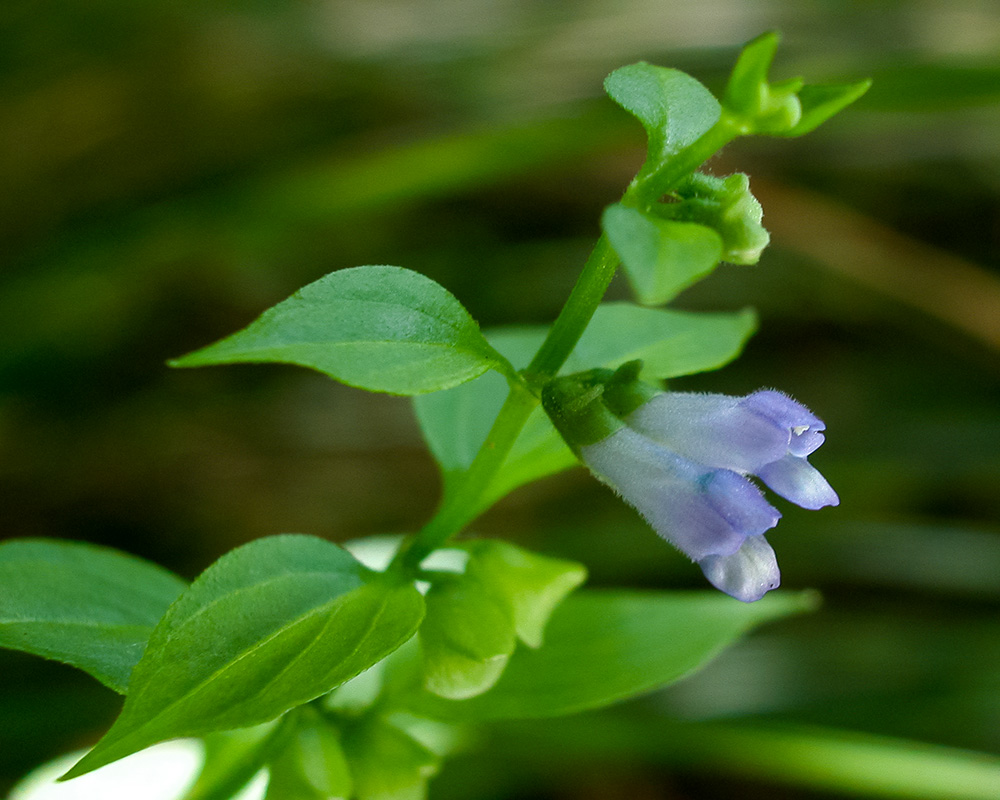If you are continually getting joint injuries, you may have some other issues going on that could be aggravating your problem. Consider a hair analysis to determine if you could have too much calcium in your body or some sort of great mineral imbalance that needs attention. Yes, too much calcium is possible.
- See your joint specialist, and get his or her assessment.
- If there is a misalignment in the joints, a chiropractor can help.
- If there is some significant deterioration in your cartilage or other joint
tissues, you may be having a problem with digestion that could be creating a problem in your structural system. Proper digestion is essential for absorbing the minerals and nutrients needed by our structural system.
Let me explain. Our internal chemistry lab is a very complicated system that requires balance for perfect health. One of these balances is our pH balance between acidity and alkalinity. If the body is too acidic, it can harbor the overgrowth of bacteria, parasites, and fungus—and it even can make a perfect environment for growing cancer. On the other hand, being too alkaline is just as dangerous—and being severely too alkaline means death. Needless to say, balance is important. Diet and physical or emotional stress can throw this pH balance out of kilter.
Pain usually results when the body is too acid, just like in fibromyalgia, arthritis, rheumatism, osteoarthritis, and recurring joint injuries. This is because the body tries to compensate for the overacidity in the body by neutralizing the acid with calcium. Calcium is alkaline and is stored in the bones.
So why are you overly acidic? Here are a few clues:
- Your digestion is poor (usually the cause for the overacidity in the first place).
- You are not getting enough calcium in your diet.
- There is a mineral imbalance in the body (minerals all work together in an intricate balance).
- Your absorption of minerals is poor due to mineral imbalance, improper diet, and poor digestion.
- You’re experiencing high levels of stress.
- You’re getting lots of physical exercise.
These factors can make it difficult for the body to properly utilize the calcium that you do ingest. In its attempt to compensate and keep you alive, your body takes its alkaline calcium from your largest storehouse of calcium: your bones. This process will eventually weaken your entire structural system, and you will see more injuries and displacements, such as back misalignments, stiff necks, injuries, and aching muscles and joints. I see this happen with the elderly too often; their hips finally give out and they fall, shattering the already weakened bones.
When this calcium-robbing business continues, the body also needs sodium to keep calcium in the blood stream. Guess where it gets the sodium? From your joints! Your joints contain one of the largest stores of sodium in the body. So, now you can see why you would want to support your digestion for the prevention of joint injuries—or any structural problems, for that matter.
Herbs and supplements that support digestion include:
➤ Papaya
➤ Peppermint
➤ Spearmint
➤ Liquid chlorophyll
➤ Food enzymes with or without hydrochloric acid
➤ Ginger
➤ Catnip
➤ Marshmallow
➤ Pepsin







 Leg cramps can be caused by overexertion of the muscles. Sometimes I will get a cramp in my foot or leg when I am wearing a heeled shoe all day; when I get to bed, my foot or leg will begin to cramp (to get me back I suppose). But some folks who don’t wear high heels are still affected by this condition.
Leg cramps can be caused by overexertion of the muscles. Sometimes I will get a cramp in my foot or leg when I am wearing a heeled shoe all day; when I get to bed, my foot or leg will begin to cramp (to get me back I suppose). But some folks who don’t wear high heels are still affected by this condition.












 If you have yellowish skin and eyes, and if it’s not Halloween and you’re not an alien, you may have jaundice. The yellow color indicates that excess bilirubin, a by-product of old blood cells, is floating around your blood stream (as you learned earlier, the skin reflects the condition of the blood).
If you have yellowish skin and eyes, and if it’s not Halloween and you’re not an alien, you may have jaundice. The yellow color indicates that excess bilirubin, a by-product of old blood cells, is floating around your blood stream (as you learned earlier, the skin reflects the condition of the blood).










